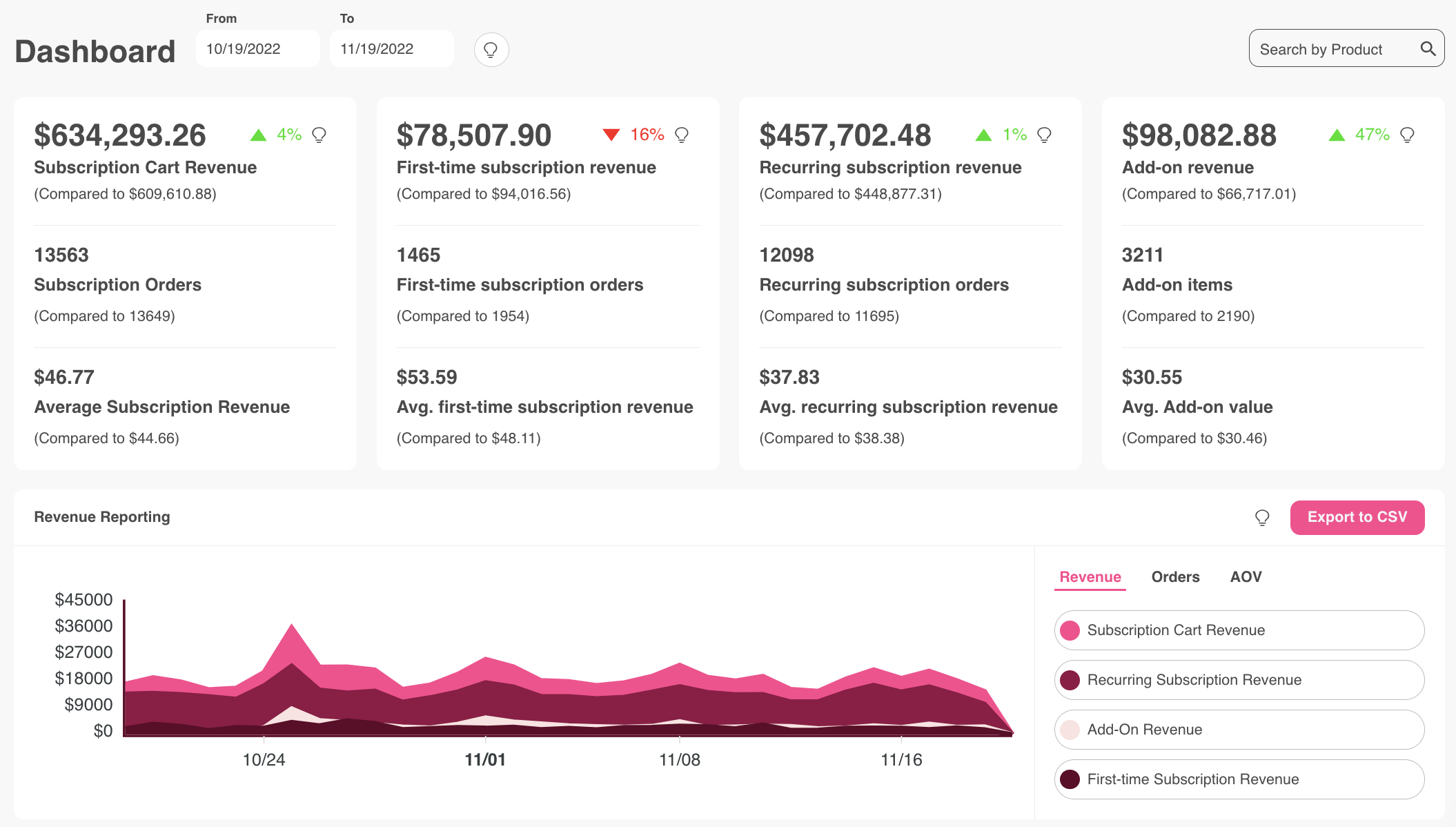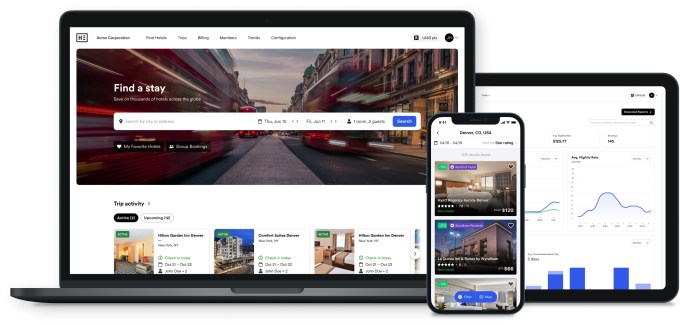Customers abandon their online shopping carts all the time, and of those who sign on to subscribe to monthly product deliveries, some 17% end up canceling around the time the next payment is due.
Serial e-commerce entrepreneurs Gina Perrelli, Pierson Krass, who co-founded e-commerce agency Lunar Solar Group, and Taylor Cawiezell started Stay Ai in 2021 (back then it was called Retextion) to help Shopify brands build up their subscription programs, reduce the number of customers canceling and increase customer lifetime value.
Prior to Stay Ai, Perrelli and Krass launched three commerce enablement tools, two venture-backed apps and their self-funded data platform KnoCommerce, which they exited to WeCommerce in 2022.
Here’s how it works: Stay Ai developed a recurring commerce enablement platform for subscriptions, clubs and memberships with loyalty tools, including SMS chatbot, surveying and rewards programs to help brands increase customer lifetime value. Right now it is deployed across the Shopify ecosystem.
All of that is managed by its ExperienceEngine, an AI-powered system where merchants can perform marketing procedures, like A/B testing, and then leverage predictive analytics and machine-learning models to make better decisions on how to deploy them. For example, one of Stay Ai’s clients, Olipop, was able to increase subscriber revenue by 35% within 90 days of beginning to use Stay Ai’s tools.

Stay Ai’s merchant portal. Image Credits: Stay Ai
“With cancellations typically, the highest cancellations happen between order No. 1 and order No. 2,” CEO Perrelli told TechCrunch. “So, how do we get that number down so that you actually become profitable? It can be as easy as telling customers on an upcoming notification that they were going to get a gift, which made them hold out one more order, this is typically where brands become profitable on a subscription purchase. Getting them over that hump is a huge game-changer.”
After launching a year ago, Stay Ai is now used by approximately 300 Shopify merchants, including Vita Coco, Momofuku and Snow, while revenue is pacing 10x from 2022, Perrelli said. The company charges a $500-per-month fee for users and then takes 1% and 19 cents for all subscription transactions.
Building on top of Shopify has been popular lately, with startups like Polar Analytics, Triple Whale, Replo, Postscript, Shop Circle and Popup attracting venture capital interest within the past year for their tools targeting merchants on the marketplace. Stay Ai is the latest company to join that list announcing $15.1 million in Series A capital to build on its growth. The investment included $8.6 million led by Telescope Partners, with participation from Boulder Food Group, Riverpark Ventures and Vanterra Capital, and a previously undisclosed $7.5 million that was led by Watchfire Ventures and a group of individuals, including Sharma Brands founder Nik Sharma and Postscript founder Adam Turner.
Stay Ai intends to use the new funding to expand on its team of 50, accelerating its innovation roadmap and additional acquisitions. In the past year that included an acquisition of churn reduction app RetentionEngine.
“With the acquisition of Bellwethr, we are layering more machine learning into our tools,” Perrelli said. “For some average A/B tests, we get about a 20%, sometimes 30%, churn reduction. When you add an upsell, it starts to add up.”



